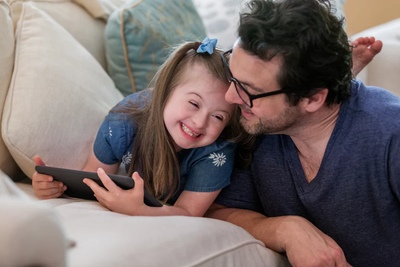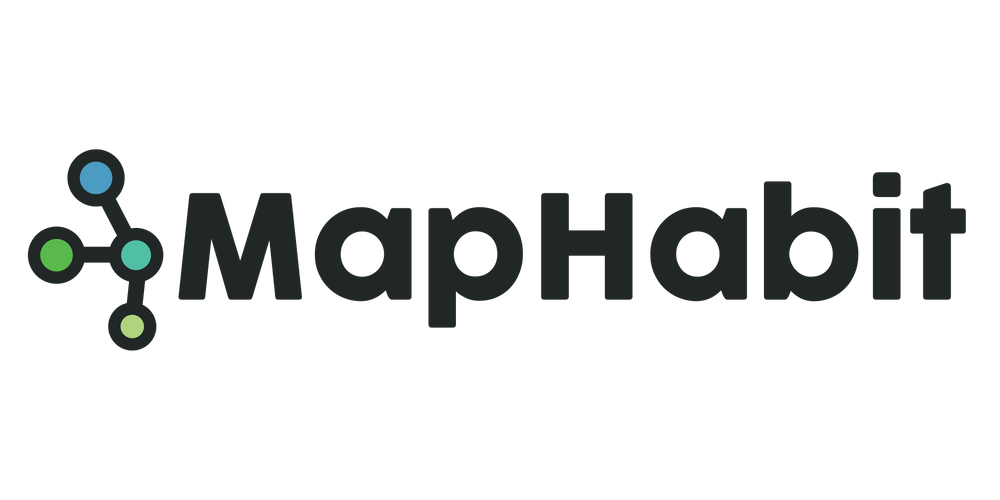ATLANTA, GA—June 6, 2024—MapHabit, an Atlanta-based digital health company, has been awarded a three year, $3.8M Commercialization Readiness Pilot (CRP) award from the National Institute on Aging (NIA), part of the National Institutes of Health (Award Number 1SB1AG087924-01).
The award will provide funds for MapHabit to increase its commercialization and marketing potential via improved platform infrastructure and security, enhanced user experience, and advanced customer care processes. This award also propels MapHabit’s cumulative funding above $10M and extends financial support into FY/2027.
“We are grateful for and humbled by the continued validation and support from the NIA,” said Matt Golden, MapHabit CEO and Co-Founder. “Our neuroscience-based, evidence-informed platform will accelerate our commercialization efforts to payers, neurodiverse members, and their circle of support, including family caregivers. This funding comes on the heels of our second diversity supplement aimed at enhancing health equity and solutions for underserved, neurodiverse communities.”
The CRP’s first goal of bolstering the platform's infrastructure and security builds on the capabilities developed in MapHabit’s Phase I/II grants (AG065081)—including gamification, predictive analytics, artificial intelligence, and Alexa Voice skill. Now, MapHabit will optimize the backend infrastructure and obtain SOC2 certification. Additionally, the application of artificial intelligence (AI) methods to mine usage patterns will be a key focus, enabling the development of generative AI models to preempt participant churn and identify behavioral changes indicative of cognitive decline.
The second aim of the CRP grant to further the program’s gamification capabilities and improve the end-user experience expands on previous efforts. MapHabit will leverage AI/ML models to implement tailored reward systems for diverse communities when they use visual maps to complete activities of daily living (ADLs). This will not only improve user engagement, but also position the platform for upsell programs to B2B clients. Experts at the Mayo Clinic and the Lewy Body Dementia Association provided input to guide strategic initiatives for virtual care consultations, particularly in hard-to-treat domains like Lewy Body Dementia.
The third component of the grant focuses on enhancing customer care processes by incorporating social determinants of health (SDOH) into the intake process. MapHabit will collaborate with JGS Consulting and TCARE to align with CDC-endorsed standards and incorporate SDOH Z-codes that may impact a member’s risk profile. This integration is crucial for successful commercialization, particularly as more value-based care models seek to address health equity disparities linked to SDOH risk factors.
Taken together, this CRP grant represents crucial advancements for successful commercialization, aligning with the nation's public health objective of reducing the burden of Alzheimer’s Disease and related dementias (ADRD) on individuals, families, caregivers, and society at large. By strengthening platform infrastructure, enhancing user experience, and incorporating SDOH into customer care processes, MapHabit is not only advancing its own commercialization potential but also contributing to broader efforts to improve public health outcomes nationwide.
About MapHabit
MapHabit is an evidence-based platform designed to provide cognitive support for individuals living with dementia, intellectual disabilities, or brain injuries. Based in Atlanta, GA, the program uses an integrated, audio-visual and video step-by-step mapping system to help individuals better accomplish their activities of daily living (ADLs) while improving communication and reducing stress for the entire support circle, including care managers and providers.
About The National Institute on Aging (NIA)
The NIA leads the U.S. federal government effort to conduct and support research on aging and the health and well-being of older people. Learn more about age-related cognitive change and neurodegenerative diseases via NIA’s Alzheimer’s and related Dementias Education and Referral (ADEAR) Center website. Visit the main NIA website for information about a range of aging topics here.
For questions, contact Ebby Bowles, Director of Marketing at ebowles@maphabit.com.












